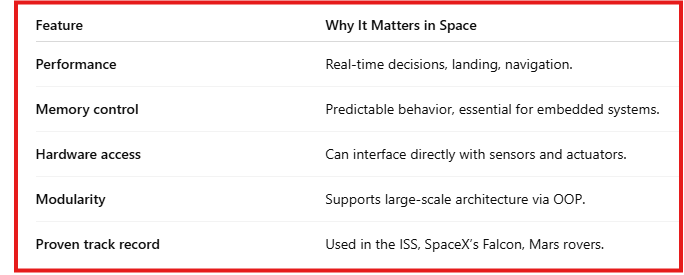As globalization increasingly shapes our lives, the concept of global citizenship has emerged as a significant notion to understand and effectuate. This involves global knowledge, cross-cultural comprehension, societal responsibility, and an active contribution to creating a peaceful and sustainable world community. In the modern technological era, online education plays an integral role in fostering and promoting global citizenship.
Online education transcends physical spaces and time zones. It can be credited with eliminating geographical boundaries, thereby connecting learners from diverse cultural, social and educational backgrounds. This facilitates the sharing of experiences and ideas, creating a platform for understanding and appreciating different perspectives. In this context, online education fosters a sense of belonging to a global community and the recognition of values such as diversity, equality, and mutual respect.
The role of online education is not merely global connectivity but also the equitable diffusion of knowledge. The conventional classroom format does present practical limitations in terms of reach and scale, restricted to a specific geographical area or accessible only to those within certain socio-economic limits. However, through online education, one can offer quality educational resources to anyone with internet access, irrespective of their location or societal standing. This wide-ranging dissemination of knowledge contributes towards an educated global society that's capable of informed decision-making and responsible action.
The potential of online education in realizing United Nations’ Sustainable Development Goal 4 - ensuring inclusive and equitable quality education and promoting lifelong learning opportunities for all, is significant. Learning Management Systems (LMS), Massive Open Online Courses (MOOCs), online forums, and chatrooms have democratized the access to education and cultivated critical thinking. Additionally, they have nurtured a culture of continuous learning among individuals, which is paramount in the rapidly changing global scenario.
Moreover, online education, through its various collaborative tools and platforms, emphasises teamwork and the ability to work effectively in diverse teams. These skills are crucial for global citizens, as they might have to work with people from different parts of the world in their professional or personal capacities.
Online education also plays a vital role in promoting sustainable lifestyles and practices. An increasing number of online courses and workshops focus on environmental education, teaching individuals about climate change, biodiversity, renewable resources and the like. This equips individuals with the knowledge and actions needed to lead sustainable and responsible lifestyles, thereby contributing to the collective responsibility of global citizenship.
In the face of pressing global issues such as climate change, political conflicts, and extreme poverty, fostering global citizenship has become more critical than ever. Online education plays an instrumental role in promoting global citizenship, equipping individuals with the knowledge, skills, and attitudes needed to actively participate in and contribute to the global community.
In conclusion, online education fosters global connectivity, ensures equitable access to education, promotes lifelong learning, nurtures essential skills for global citizenship like teamwork and collaboration, and educates individuals about sustainable living practices. Thus, it plays a pivotal role in promoting global citizenship, molding individuals into responsible members of the global community, capable of embracing diversity, championing equality, creating sustainable solutions and making meaningful contributions to the global society.

